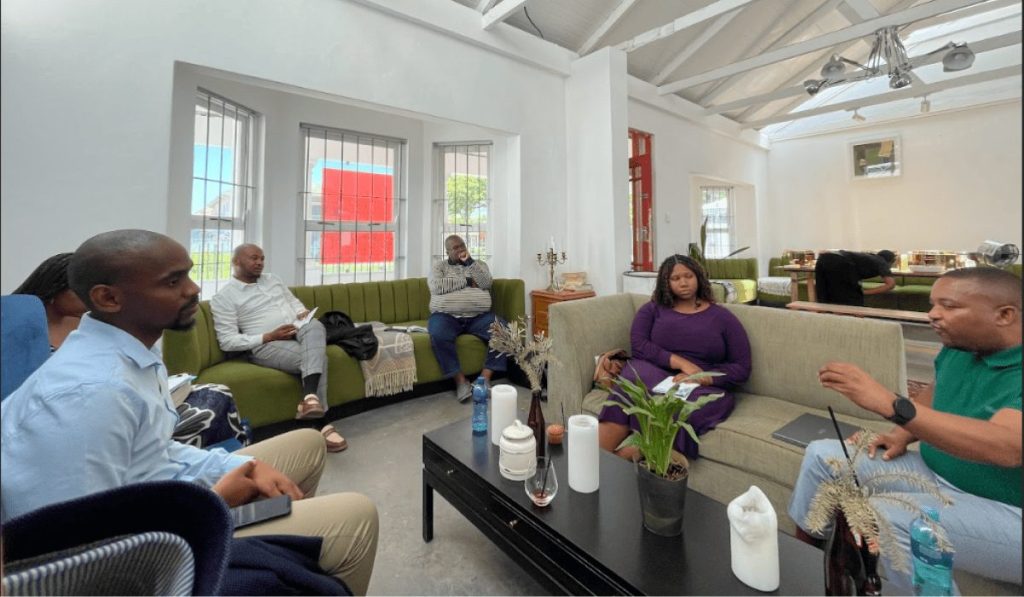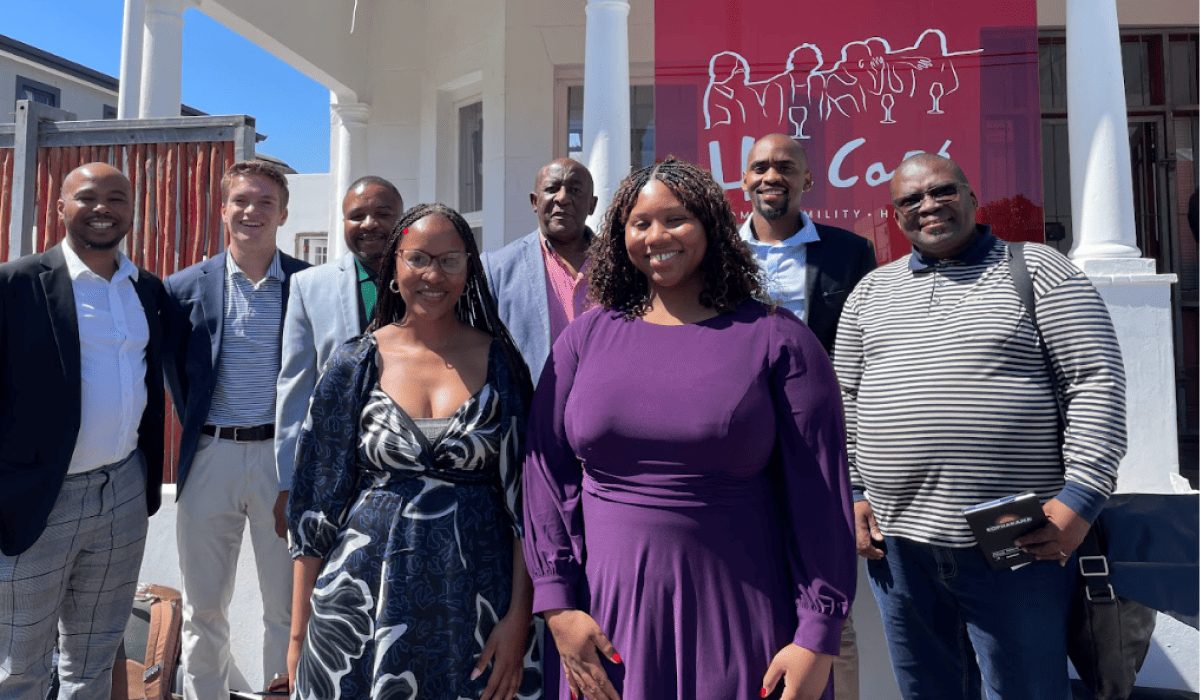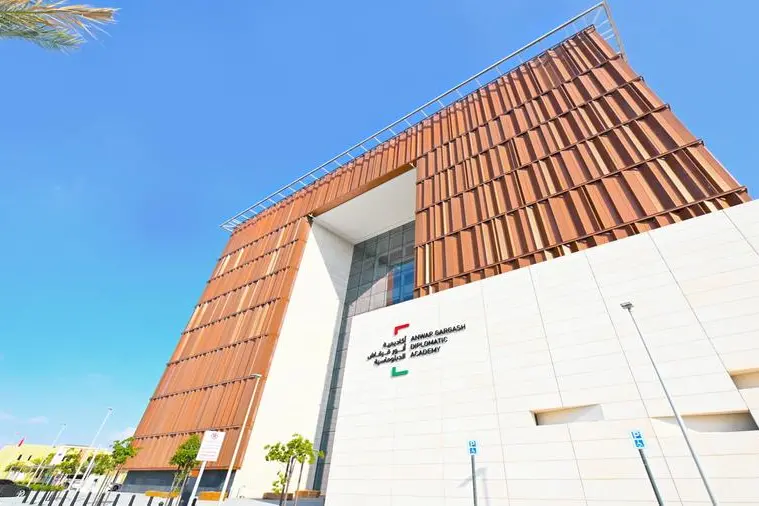The 2024 South African general elections, held on May 29, marked a significant milestone in the country’s democratic history, coinciding with the 30th anniversary of the first democratic elections in 1994. The elections resulted in a hung legislature at the national level, a situation where no single party secured an outright majority. This led to the formation of a Government of National Unity (GNU), comprising ten political parties out of the eighteen represented in the National Assembly. In addition to the national level, the elections also produced hung legislatures in three provinces, resulting in the establishment of Provincial Governments of Unity (PGU). These developments signal a further shift in South Africa’s political landscape, from one party dominance to a multi-party democracy.
ACCORD hosted a roundtable conversation titled “Coalition politics and electoral reform in Africa: Lesotho’s experiences and South Africa’s lessons”, which was led by His Excellency Refiloe Litjobo, former Ambassador of Lesotho and a seasoned election expert, the discussion focused on Lesotho’s coalition history and its lessons for South Africa’s evolving political landscape, particularly in light of the development post the 2024 general elections in South Africa. The roundtable focused on Lesotho’s experience with coalition governance while offering critical lessons for South Africa’s new path of GNU.

Key Lessons for South Africa is the need for a consensus amongst political parties in terms of ideologies and policy priorities among the parties involved in the coalition formation. This was part of the reason why coalitions in Lesotho collapsed before their electoral cycle. Power struggles and personal ambitions of political leaders have often been at the heart of coalition collapses in Lesotho. Coalitions have been centred on key ministerial positions in government and other strategic positions in diplomatic and other state organs, rather than on policy directives.
The roundtable brought together, practitioners, and civil society representatives, representatives from Local government in the City of eThekwini from KwaZulu-Natal. The event was attended by Ms Ashley L. Morefield, Political/Economic Officer, U.S. Consulate General Durban; Mr Khulekhani Mfeka from Governance and Livelihoods Agenda; Mr Sthembiso Madlala, Executive Director of Association of Social Engagement Facilitators of Southern Africa (ASEFSA); and Ms Nokukhanya Xulu from the eThekwini Municipality. The roundtable forms part of ACCORD’s project titled, ‘Contributing Towards Sustainable Coalitions at Local Government Level in South Africa’, funded by the Embassy of Ireland in South Africa and it aligns with ACCORD’s strategic objective in strengthening the role of multi-dimensional stakeholders and contributing to evidence-based analysis, policy support and knowledge to respond to complex conflicts.








